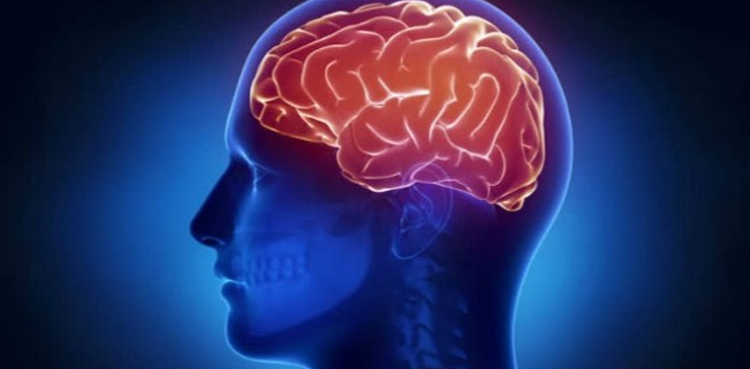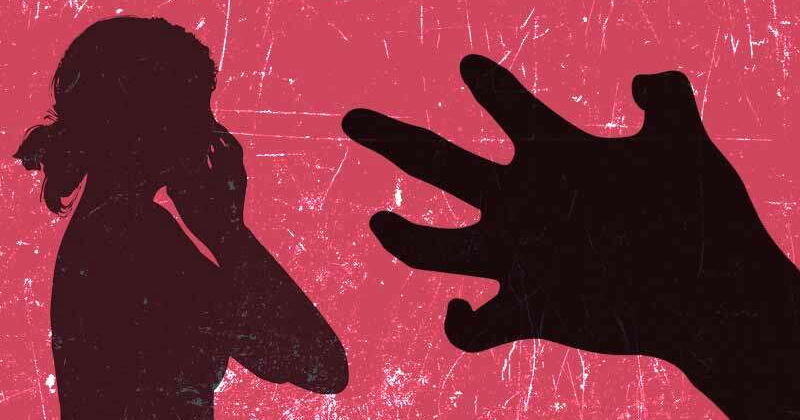Understanding Alzheimer's Disease -- Symptoms
The symptoms of Alzheimer's disease often come on slowly. It might start when someone has trouble recalling things that just happened or putting thoughts into words. But over time, the problems get worse. People in the later stages of the disease usually can’t live alone or care for themselves.
There are three main phases of Alzheimer's: mild, moderate, and severe. Each stage has its own set of symptoms.
Mild Alzheimer's
The first stage usually lasts from 2 to 4 years. The symptoms include:
- Having less energy and drive to do things
- Less interest in work and social activities and spending more time just sitting, watching TV, or sleeping
- Loss of recent memories, like forgetting conversations and events that just happened
- Language problems, like trouble putting their thoughts into words or understanding others
- Mild coordination problems, such as trouble writing or using familiar objects.
- A hard time with everyday tasks, such as following a recipe or balancing a checkbook
- Mood swings that involve depression or a lack of interest
- Trouble with driving, like getting lost on familiar routes
When a person has one or a few of these issues, it doesn’t necessarily mean they have
Alzheimer's. There are other medical conditions that can cause the same problems, such as:
- Conditions that affect metabolism, such as a thyroid problem
- Drug abuse
- Taking medications that don’t work well together
- Parkinson's disease
- Stress
- Depression
A doctor can check on these symptoms and do tests to know if a person has
Alzheimer’s or something else.
Moderate Alzheimer's
This is when memory loss gets worse and starts to cause problems in daily life. This stage can last from 2 to 10 years.
Someone with moderate Alzheimer's may start to forget details about their life, like where they went to high school or when they got married. They may not recognize or remember family members and friends. They might also forget where they leave things and can’t retrace their steps to find them.
Other symptoms at this stage can include:
- Rambling speech
- Trouble coming up with the right words and using the wrong ones
- A hard time planning or solving problems
- Confusion about time or place. They may get lost in places they have been before. Once they are there, they may not know how or why they got to that place.
- Not dressing for the weather
- Getting angry or upset easily, sometimes lashing out at family or caregivers
- Trouble sleeping
- Wandering
- Delusions, such as thinking a caregiver is trying to hurt them
Some people with moderate Alzheimer’s also become more aware that they’re losing control of their lives, which can make them even more frustrated or depressed.
Severe Alzheimer's
The third stage, also known as late Alzheimer's, is the most severe. It typically lasts 1 to 3 years.
People in this phase might have some or all of these symptoms:
- Major confusion about what’s in the past and what’s happening now
- Can’t express themselves, remember, or process information
- Problems with swallowing and control of their bladder and bowels
- Weight loss, seizures, skin infections, and other illnesses
- Extreme mood swings
- Seeing, hearing, or feeling things that aren’t really there, called hallucinations
- Can’t move easily on their own
Alzheimer's or Normal Aging?
Just about everyone has minor memory glitches as they get older. If someone forgets a name or why they walked into the kitchen, that doesn't mean they have Alzheimer's.
The main problem that defines the disease is trouble planning and handling day-to-day tasks, like paying bills, managing a checkbook, or using familiar appliances around the house.
What You Can Do
If you think you notice the signs of Alzheimer’s in yourself or a loved one, the best thing to do is to talk to a doctor. They can let you know what the symptoms mean and what your options are for treating them. There are new advances available which can help with early detection and treatment. One is as simple as a blood test to determine the presence or absence of proteins that may indicate there are Alzheimer's associated plaques in the brain.











































